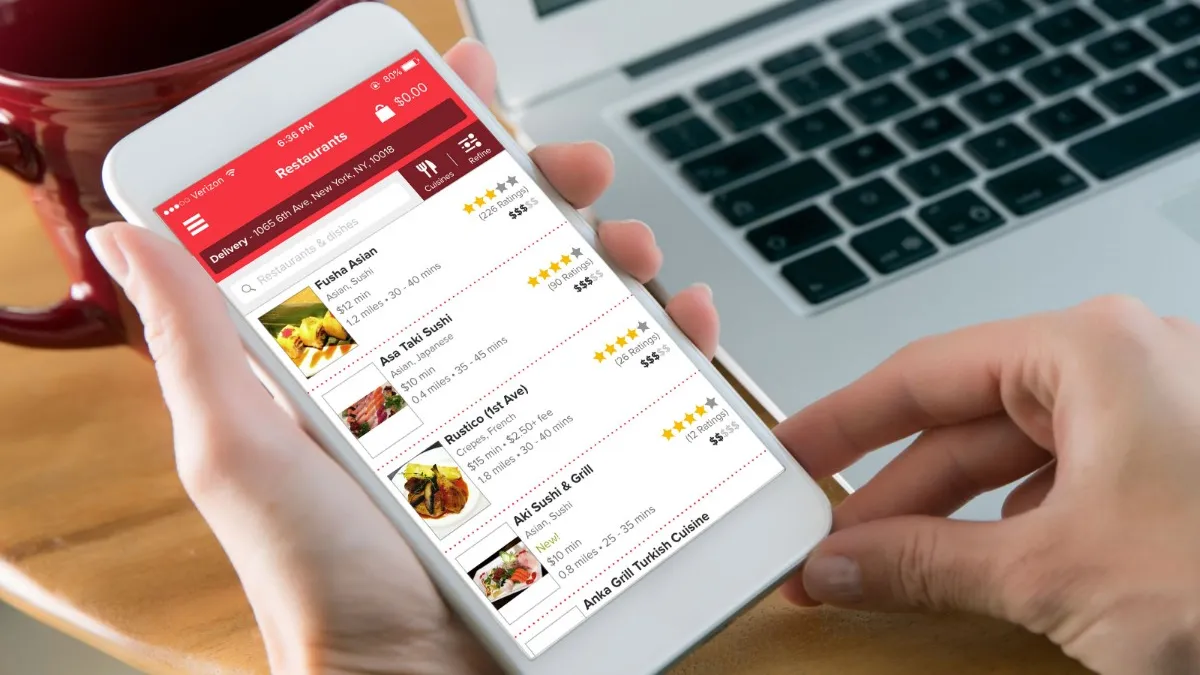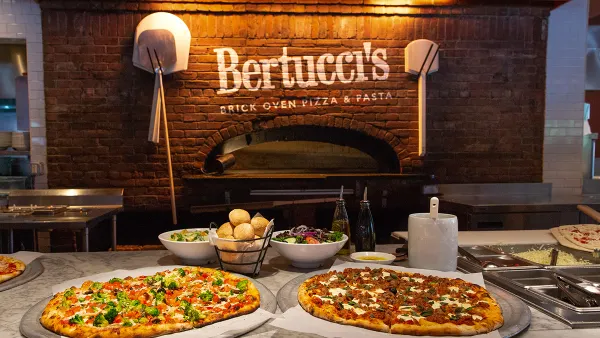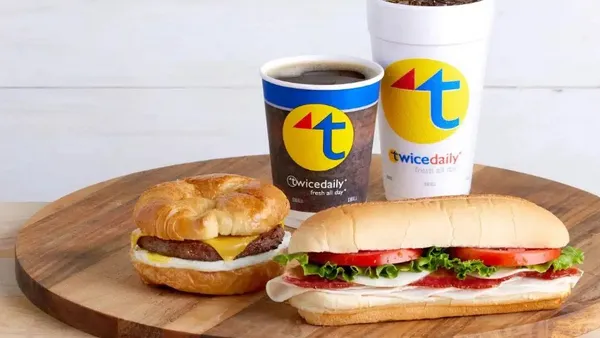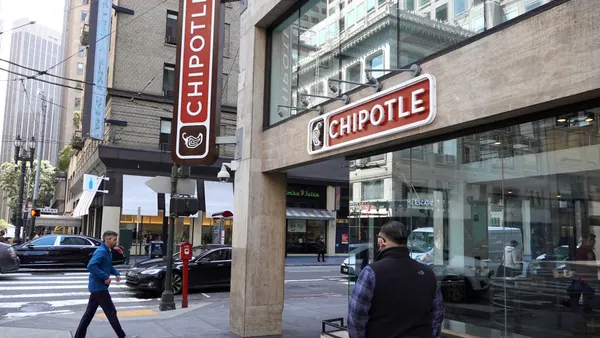Dive Brief:
- The expansion of easy-to-order food delivery services that have risen in popularity among students — one high school principal said there were as many as 15 deliveries in a day — have been banned at several Michigan schools during the school day due to their disruption, the Detroit Free Press reports. And the deliveries aren't just ordered by high schoolers — some elementary school parents will have food dropped off to their kids.
- School officials cited safety concerns of giving entrance access to strangers, as well as needing to assume the responsibility of potential allergic reactions or food-borne illnesses once meals are delivered. There's also an added workload placed on staff in accepting deliveries and rerouting them to students and teachers, and late deliveries can force students to eat lunch in class and cause disruption.
- While most schools are banning school deliveries during the school day, some do allow deliveries for after-school activities and some schools are merely limiting or discouraging the use of food delivery services.
Dive Insight:
While the occasional pizza delivery for classroom parties has long been a common practice, the proliferation of food delivery apps and cell phones have increased the problems associated with food deliveries to schools by an exponential margin. Combined with increased security concerns, school leaders have more reasons to worry about a stream of unverified strangers gaining entrance to schools during the day. The possibility of someone feigning the appearance of a delivery driver to gain access to schools, regardless of how likely or unlikely that may be, is too real to be ignored.
The increase in school deliveries can also place an added burden on office staff members who are often already stretched in their duties. Receiving deliveries and then contacting students or teachers about them is too distracting and time-consuming, and food drop-offs can disrupt classrooms when they are delivered late.
For these reasons and others, many schools are opting to ban food deliveries during the school day entirely. The practice is not only happening in Michigan, but also in places including Wilmington, Delaware, and Copley, Ohio. While many schools are banning deliveries altogether, others are limiting them only for teachers or are contacting parents to ask them to avoid using food delivery services.
As a result, some schools are looking at their own school lunch programs and are trying to make sure students have more options. Schools also need to have solid policies in place to prevent lunch shaming for students who either don’t have lunch provided or who are behind on their school lunch payments.
While many schools are making decisions regarding school deliveries, district leaders and school boards may also need to examine the need for creating new or stronger policies that address food deliveries both in their current form or potentially using advanced technology — think robots or drones — that could develop in the future. This is another example of the need to adapt school policies to the changing technology of the world around them.













